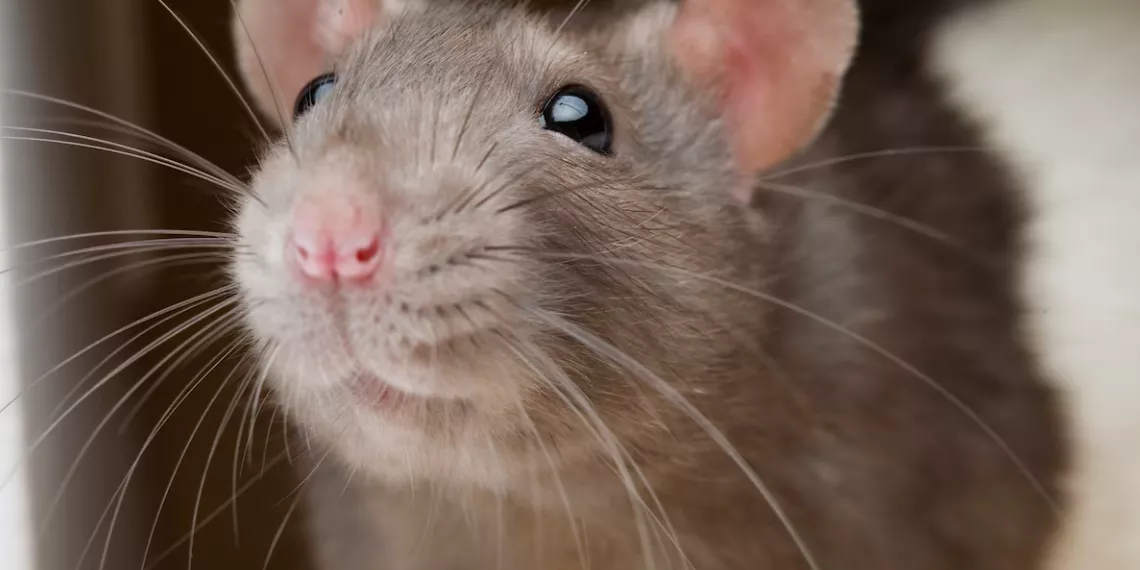by Dr David Bell, Daily Sceptic:

There are various degrees of acceptable insanity, but in general you would not want a person who thought a toad had the same intrinsic value as your mother to manage her Alzheimer’s disease. You would not want a person who equated the value of your daughter with that of a rat to decide whether she be injected with medicine still under trial, such as an mRNA vaccine. Or perhaps you would, as you may agree with the Lancet editorial in January 2023 that equates these, insisting: “All life is equal, and of equal concern.”
TRUTH LIVES on at https://sgtreport.tv/
Whatever value system you apply to other humans, it is important to understand that international public health is currently dominated by such rhetoric, if not such thinking. This will greatly influence society and your health for the next few decades.
The Lancet is one of the most influential international medical journals. The above passage is not taken out of context. The editorial recommends we change the way society is managed:
Taking a fundamentally different approach to the natural world, one in which we are as concerned about the welfare of non-human animals and the environment as we are about humans.
To understand where public health has gone during the past few years, and why the Covid response could happen, it is important to pick this short editorial apart. Why did health professionals recommend children be denied the right to play together, and coerce pregnant women to be injected with novel pharmaceuticals that pass to their foetus? The answer lies partly in the dogma that now dominates health institutions and the journals that claim to inform them.
The concept that human health is influenced by the environment is as old as society itself. The ‘One Health’ label was attached to this a couple of decades ago to encompass the benefits of approaching public health in a more ecologically holistic manner. Bovine tuberculosis will affect humans less if it is controlled more effectively in cattle. Human well-being will benefit if forest preservation maintains local rainfall and shade, improving crop and animal production. Few would disagree.
Many religious beliefs also hold nature in high regard. Jains and some Buddhist schools hold that humans should minimise harm to any animal, maintaining strict vegetarian diets and taking steps to avoid the killing even of earthworms. Judaism and related beliefs hold that all of nature is God’s work and while humans have sovereignty over animals, they also have an obligation to nurture the world that God created. These religions maintain a strictly hierarchical view.
The difference with current One Health dogma is that it goes beyond revering nature to considering humans to be just one of many equal creatures. One Health in 2023, as the Lancet explains, involves “a revolutionary shift in perspective”. The Lancet’s editors are calling, specifically, for animals to be considered on a par with humans, dispensing with the “purely anthropocentric” or hierarchical view held by other nature-revering religions.
This insistence on inter-species equity is where the current One Health argument begins to come unstuck. Preserving an ecosystem (good) requires the infliction of staggering pain and suffering on many of its inhabitants by other, predatory animals (terrible for the victims). You cannot have it both ways. So, if you want animals to be treated like humans, either separate the animals from their natural predators, or leave humans also to the harsh cruelty of nature.



